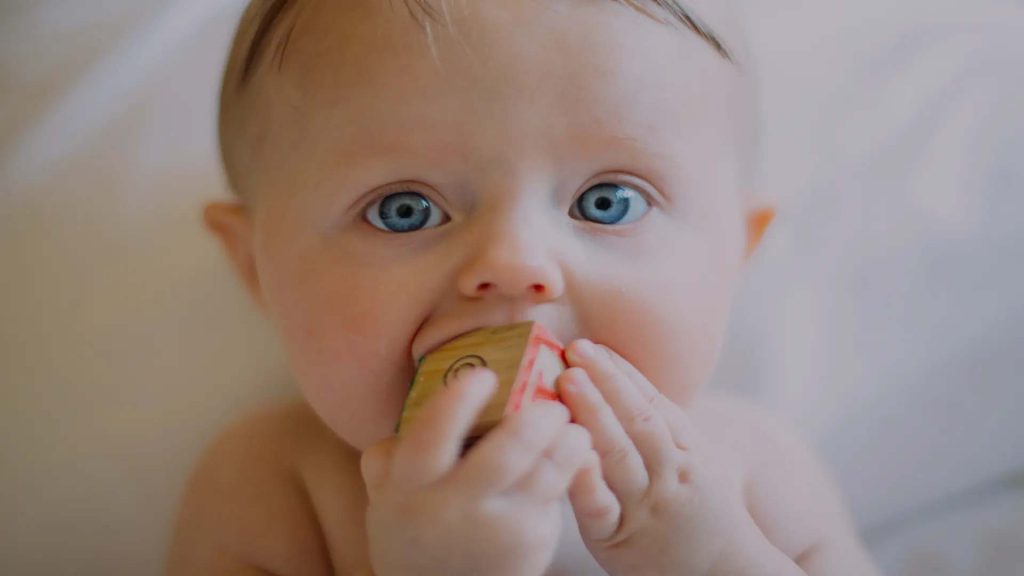Compared with Cow Milk, a Growing-Up Milk Increases Vitamin D and Iron Status in Healthy Children at 2 Years of Age: The Growing-Up Milk–Lite (GUMLi) Randomized Controlled Trial
Iron deficiency (ID) and vitamin D deficiency (VDD) are significant pediatric health issues in New Zealand and Australia and remain prevalent micronutrient deficiencies in young children globally. We aimed to investigate the effect of a micronutrient-fortified, reduced-energy growing-up milk (GUMLi) compared with cow milk (CM) consumed for 1 yon dietary iron and vitamin D intakes and the status of New Zealand and Australian children at 2 y of age. The GUMLi Trial was a multicenter, double-blind, randomized controlled trial in 160 healthy 1-y-old New Zealand and Australian children conducted in 2015–2017. Participants were randomly assigned 1:1 to receive GUMLi (1.7 mg Fe/100 mL; 1.3 µg cholecalciferol/100 mL) or CM (0.02 mg Fe/100 mL; 0.06 µg cholecalciferol/100 mL) for 12 mo. Secondary outcomes, reported here, included change in dietary iron and vitamin D intakes, iron status, and 25-hydroxyvitamin D [25(OH)D] concentrations from blood samples at age 2 y. All regression models were adjusted for baseline outcome and study center. GUMLi was a large contributor to dietary intakes of iron and vitamin D after 12 mo when compared with intakes from food and CM. The adjusted mean difference between groups for serum ferritin concentrations was 17.8 µg/L (95% CI: 13.6, 22.0 µg/L; P < 0.0001), and for 25(OH)D it was 16.6 nmol/L (95% CI: 9.9, 23.3 nmol/L; P < 0.0001). After 12 mo, ID was present in 16 (24%) participants in the CM group and 5 (7%) participants in the GUMLi group (P = 0.009), and the prevalence of VDD in the CM group increased to 14% (n = 10) and decreased to 3% (n = 2) (P = 0.03) in the GUMLi group. In comparison with CM, GUMLi significantly improved dietary iron and vitamin D intakes and the iron and vitamin D status of healthy children at 2 y of age. This trial was registered with the Australian New Zealand Clinical Trials.
Writer: Amy L Lovell
DOI :10.1093/jn/nxy167


